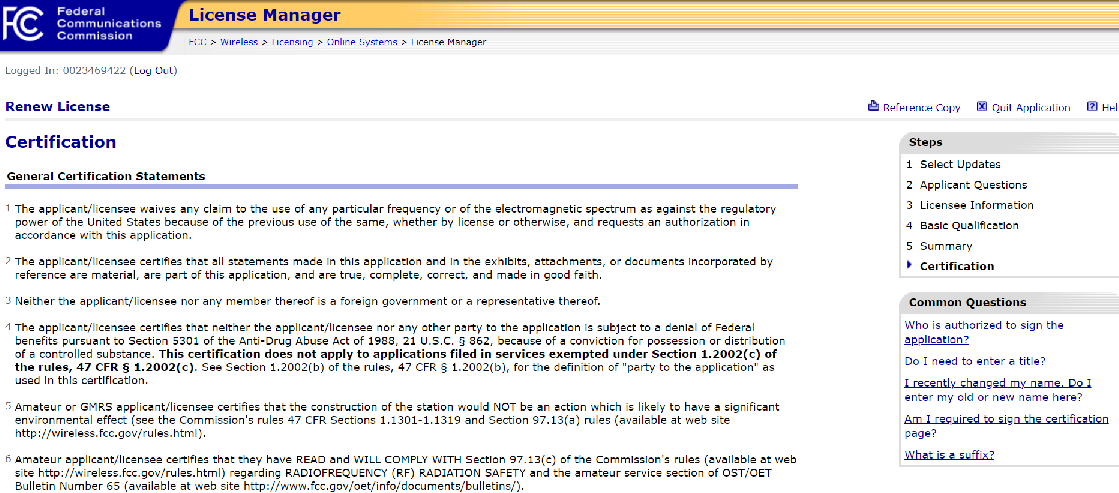Can someone explain to me what p vs np paradox is in easy words?

P VS. NP isn't a "paradox" like the twin paradox or Theseus' paradox. P vs. NP is an open question that mathematicians and computer scientists haven't solved yet.
Let's say I ask you if 7 is a prime number. That is an easy question to solve and also easily verifiable. 7 is prime because only two factors work; 1 and 7. Let's call this kind of problem that is easy to solve and verify an answer for a P problem.
If I wanted to secure a database on the internet using prime factors that have to be solved then using P problems is an insecure way to protect the database. I want a problem that would be hard to solve to thwart hackers but easy to verify for someone with the correct credentials to access the database when needed. Let's call that an NP problem.
The RSA encryption algorithm is based on the fact that it is easy to take two large prime numbers and multiply them but it is very hard to take a very large number with only two prime factors and find what the two prime numbers are.
At least we assume it's hard to solve the primes for a large number. That means we assume P is not equal to NP. However, without a mathematical proof to back this assumption there is a possibilty solving a large number into two primes may actually be easy but nobody has figured out how to do it. If someone ever does figure out an easy way to do it then P equals NP.
Here is a link to an introductory video about P vs. NP on YouTube:



Comments